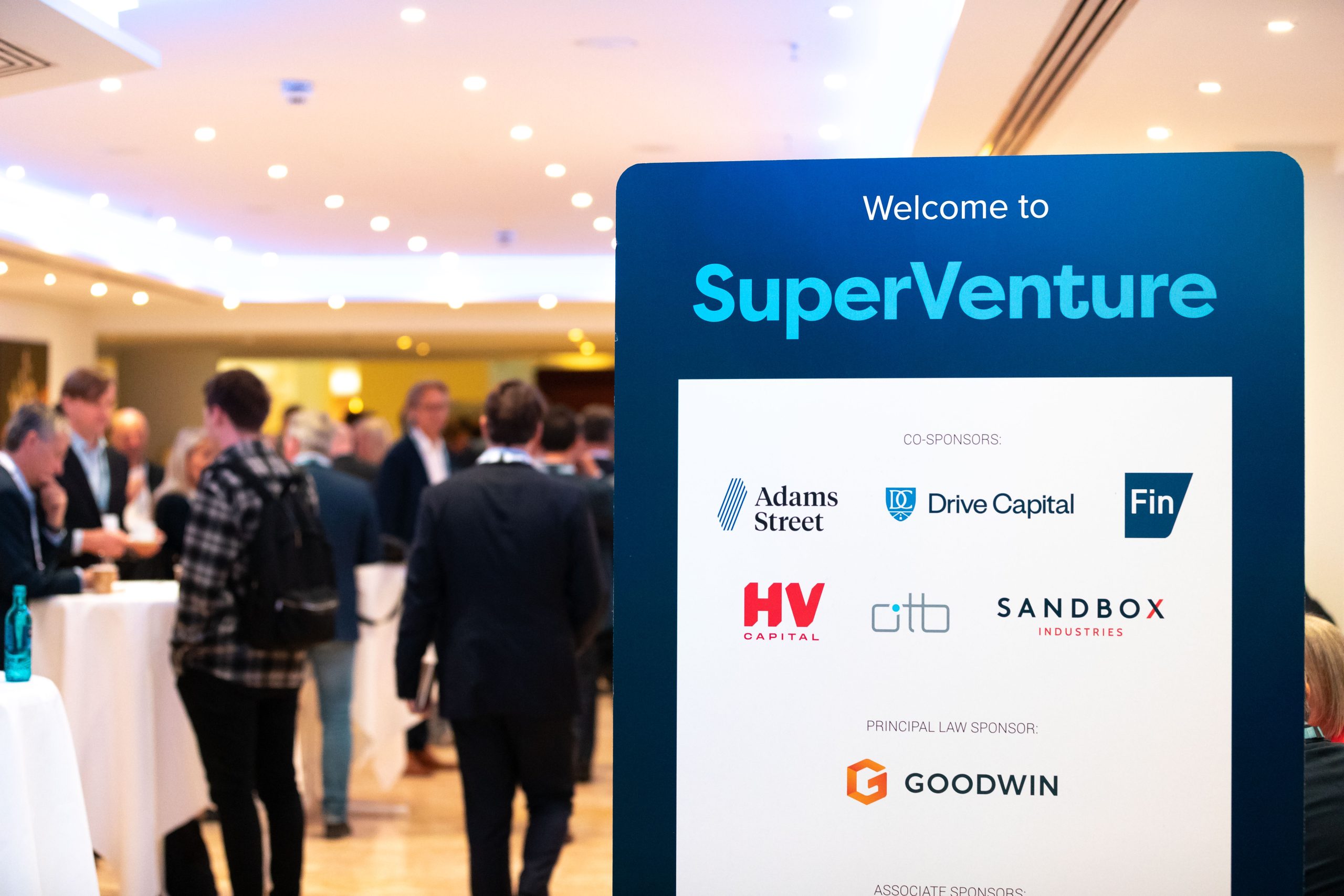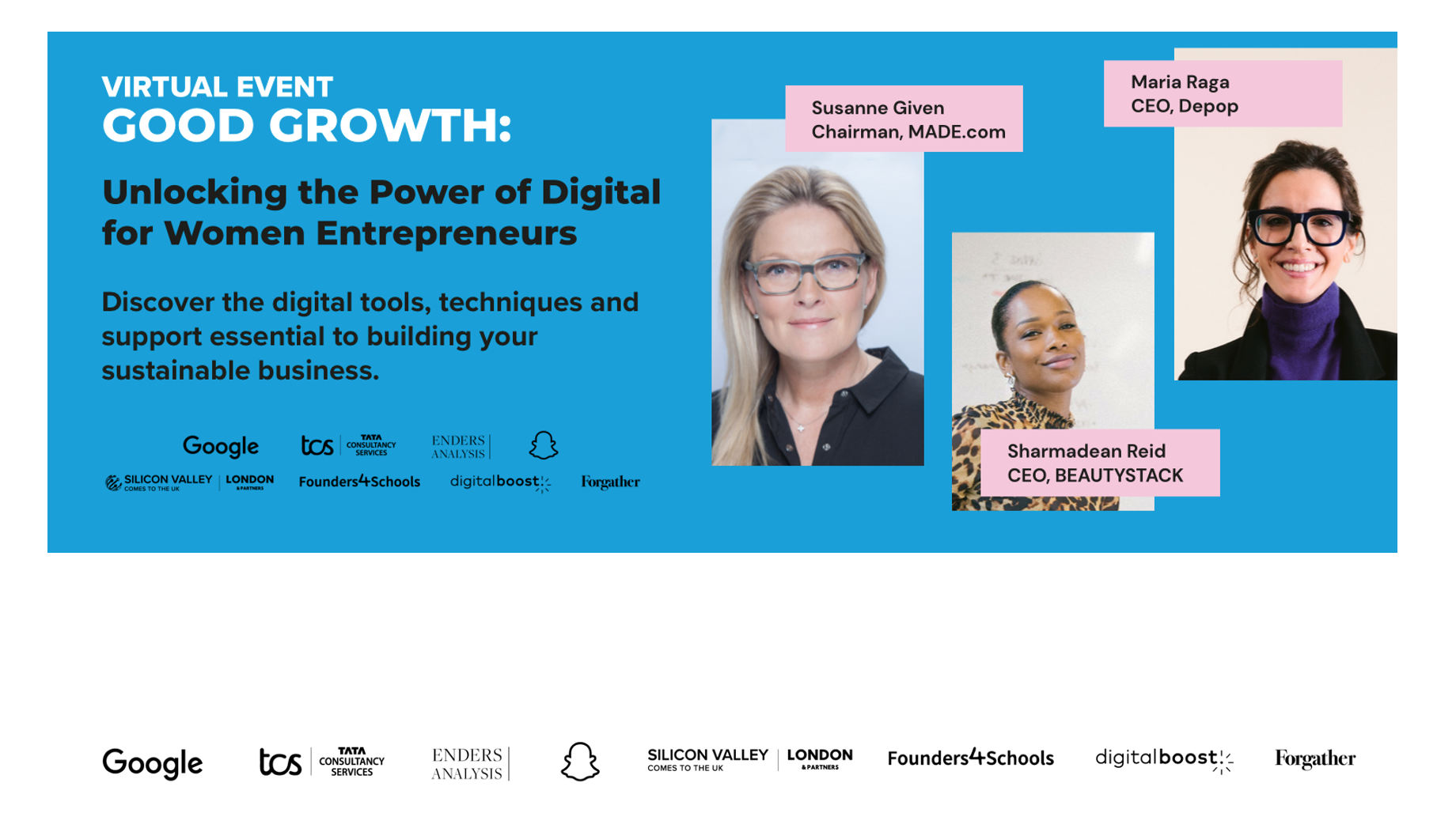The FieldHouse team made its way to Magazine London this week with so many other investors, founders, and ecosystem friends to attend Sifted Summit – and what an event it was! The quality and diversity of speakers, the variety of topics covered, and the crowd that the event brought together made it quite possibly one of the best tech events we have attended this year.
Here are our takeaways from across the two days:
1/ The big takeaway from the opening session, “New rules: playing a new startup game”, was that we are undoubtedly going through a bit of a reset period. The last few years have been tough for a number of reasons – from the pandemic to the economic downturn, with falling valuations and a harder path to profitability – but startups are still flourishing and the money is still flowing, albeit not as freely as before. Founders need to own their purpose and stick to their mission. Developing resilience and building the right team around them are key for founders in the current climate.
2/ Freya Pratty-Williams facilitated an excellent session on whether biodiversity is the new carbon. One of the questions from the audience was about how we ascribe value to nature, and it sparked a very interesting discussion about whether monetary value is still the best (albeit imperfect) solution within the parameters of a capitalist economy. It’s a conversation that is likely to gain more attention, particularly with the recent launch of the Taskforce on Nature-Related Financial Disclosures (TNFD) framework.
3/ John Thornhill held a very interesting panel on the Impact Stage all about quantum computing. One of the biggest takeaways is that we should be very worried about “Q-Day” – and that if we aren’t worried, then we should be even more worried! For those who don’t know, Q-Day is the day quantum computers will be able to break the encryption we use every day to keep our online communications private and secure.
4/ Amy O’Brien led a fascinating discussion on the M&A boom in fintech, in which panellists discussed how the funding environment has shifted in the last six weeks compared to the first half of this year, and how in a maturing market fintech founders should be considering longer-term options from early in the journey, building relationships with potential buyers and industry partners even while the main focus is on investors and funding. Another good takeaway was the rise in mergers as a way for companies to present a clearer case for investment in a tougher market.
5/ Amy Lewin moderated a panel discussion on the impact of American VCs coming to the European market. Panellists discussed how the European ecosystem is maturing at an exceptional rate, which presents a promising opportunity for VC investment. Despite the heightened competition in the market, there is a notable trend of increased collaboration among European and US VCs at seed level. A key driver behind the influx of US VCs is the availability of top talent in Europe, potentially translating into increased access to capital for startups.
6/ Zosia Wanat led a discussion on how startups can diversify away from venture capital, where Jack Stenson, Head of Startup Scouting at BT Group, put a strong case for why getting closer to corporates and their venture arms could present creative ways to achieve commercial objectives. He talked about the group taking sweat equity in exchange for opening companies up to the million-plus customers on its database, which he likened to offering employees stock options. The key point though, is what each corporate can offer in exchange – he cited Channel 4 Ventures as one example where media in return for equity might be more valuable than cash for many startups. If you explore and map it out, corporates can be the right partner for now and the future.
7/ Eleanor Warnock asked her panel whether defence tech is less of a taboo in Europe today. Panellist Torsten Reil, co-founder of defence AI startup Helsing – which is backed by Spotify founder Daniel Ek and recently closed a $223 million Series B round – said there is plenty of funding available and large growth opportunities. But the key is to answer the pressing ethical questions and recognise the special responsibilities inherent in protecting democracy. He cited the importance of a deep belief in a civic duty to protect open societies, which will in turn attract the most talented people to work in the space.
…and so much more!
Tickets for next year’s event are already on sale – and it’s “buy one, get one free” until 9 October, so grab yours here.




